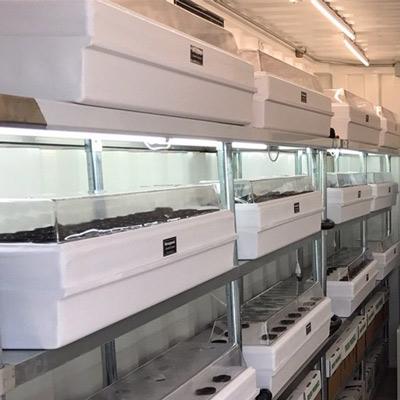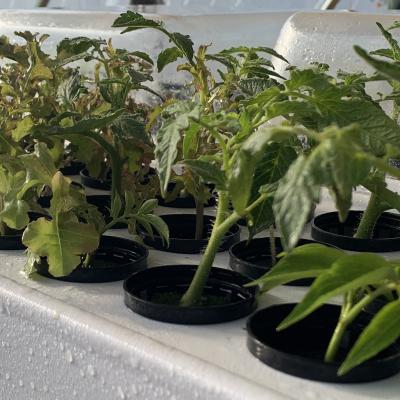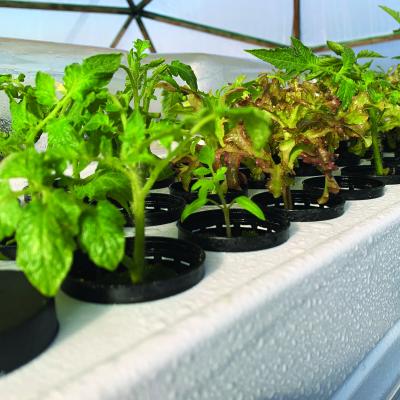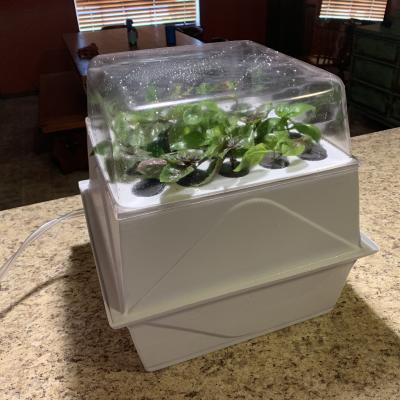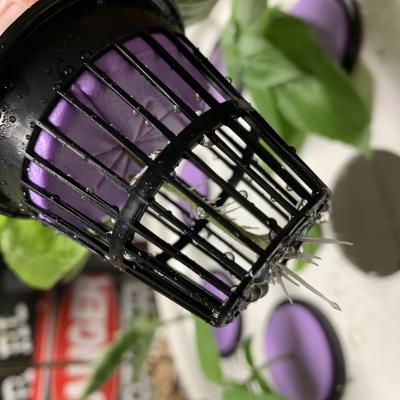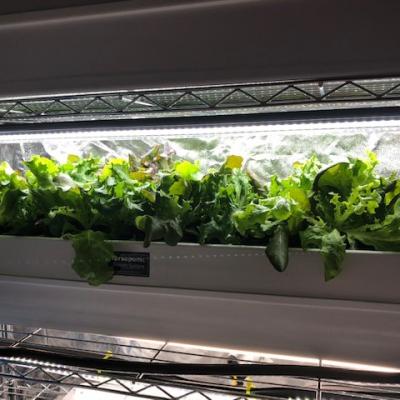As parents and caregivers, fostering healthy eating habits in children is a constant endeavor. We want our kids to make nutritious food choices, but how can we make this lesson engaging and memorable? The answer may lie in the world of indoor gardening, specifically hydroponics. In this article, we'll delve into the educational benefits of involving children in hydroponic gardening, offer ideas for family-friendly gardening projects, and highlight the profound impact of such experiences on children's food choices.
The Educational Benefits of Hydroponic Gardening
Hydroponic gardening offers a unique and captivating way to teach children about the food they eat and where it comes from. This innovative method allows kids to see firsthand how plants grow and thrive without soil, creating an educational experience that's both fun and enlightening.
-
Hands-On Learning: Hydroponic gardening is hands-on learning at its finest. Children can plant seeds, nurture seedlings, and observe the entire growth process from start to finish.
-
Science Education: Gardening introduces kids to fundamental scientific concepts such as photosynthesis, nutrient cycles, and plant biology. These lessons become tangible and memorable when they witness them in action.
-
Responsibility and Patience: Gardening teaches responsibility and patience as children care for their plants, ensuring they receive the right amount of light, water, and nutrients.
-
Environmental Awareness: Children learn about the environment and sustainability as they discover how hydroponic systems use less water and land compared to traditional farming.
Family-Friendly Gardening Projects
Engaging children in hydroponic gardening can be a rewarding family activity. Here are some projects that the whole family can enjoy:
-
Herb Garden: Start with a simple hydroponic herb garden. Kids can plant basil, mint, or cilantro and use the fresh herbs in family meals.
-
Salad Bar: Create a mini salad bar by growing hydroponic lettuce, cherry tomatoes, and cucumbers. Let kids assemble their own salads with their homegrown ingredients.
-
Seedling Experiment: Explore different types of seeds and observe how they grow in a hydroponic system. Discuss the differences in plant growth and types of produce that can be harvested.
-
Mini Hydroponic Farm: For a more extensive project, consider setting up a mini hydroponic farm with various vegetables. Involve kids in the entire process, from planting to harvesting.
Impact on Children's Food Choices
The experiences children gain from hydroponic gardening can have a lasting impact on their food choices. Here's how:
-
Increased Vegetable Consumption: Kids who grow their vegetables are more likely to eat them. When they witness the effort and care that goes into cultivation, they develop a deeper appreciation for fresh produce.
-
Healthier Eating Habits: Gardening fosters a connection between children and the food they consume. It encourages them to opt for nutritious, homegrown options over processed snacks and fast food.
-
Food Knowledge: Children become more knowledgeable about the nutritional value of different foods and are better equipped to make informed choices.
-
Sustainability Awareness: Gardening instills values of environmental sustainability and encourages kids to consider the impact of their food choices on the planet.
In conclusion, teaching children about healthy eating through indoor hydroponic gardening is an engaging and educational journey. It provides opportunities for hands-on learning, fosters a love for fresh produce, and encourages children to make healthier food choices. With the entire family involved, this experience can be transformative, nurturing a generation of young individuals who appreciate the value of nutritious, homegrown food and the importance of making sustainable food choices.


